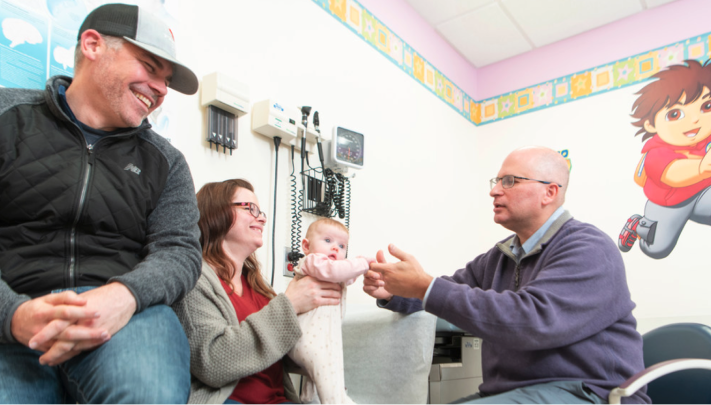Anorectal malformations (ARM), also known as imperforate anus, occur when a baby’s anal opening, rectum and associated nerves (that signal the body that it’s time to go to the bathroom) do not develop properly. Surgical treatment is performed to correct these deformities, but some children can also have long-term urologic and/or gynecologic issues that may require ongoing medical management. These conditions may include kidney disease, bladder problems, a host of urologic problems (in boys), and urologic and gynecologic problems (in girls).
Our team in the Division of Pediatric Colorectal & Pelvic Reconstruction understand that children with ARM may need on-going, coordinated treatment and care from specialists across multiple medical disciplines in order to maintain urologic and gynecologic health throughout their lifespan.
There are four main factors that influence long-term urological health in children with ARM, including:
- The presence of kidney or bladder abnormalities at birth
- The presence of abnormal development of the spine (sacral dysgenesis)
- The effects of surgical intervention to correct the ARM
- The effects of spinal cord tethering causing bladder dysfunction (which may change over time)
Long-term treatment protocols for children with ARM will be different for each individual depending on the severity of their condition, their specific medical needs and if any other conditions arise as a result of their ARM.




